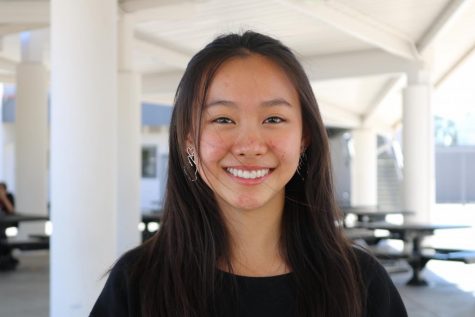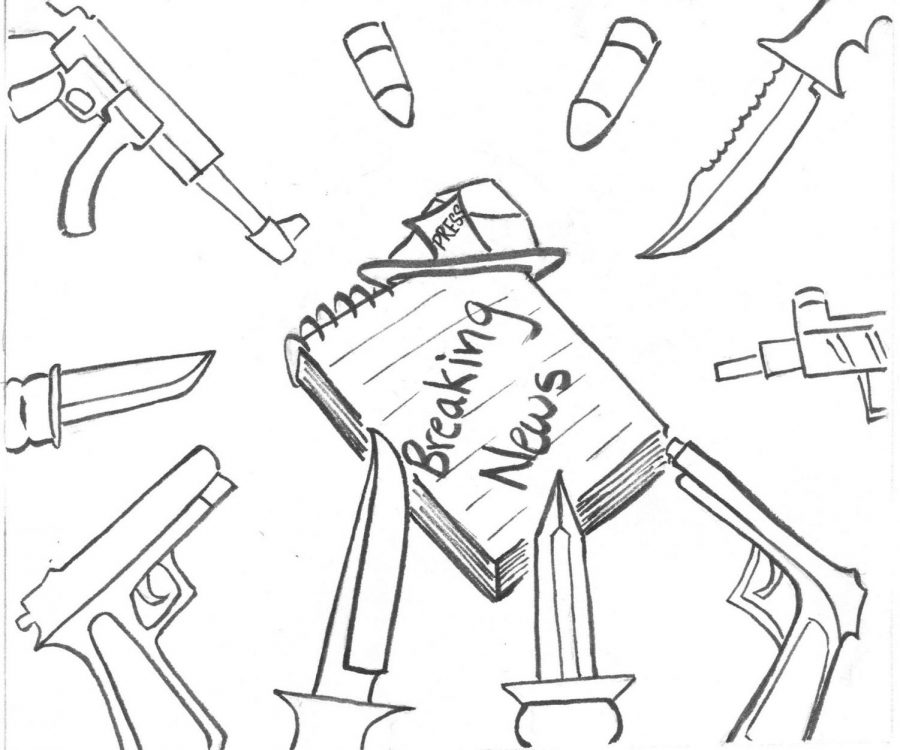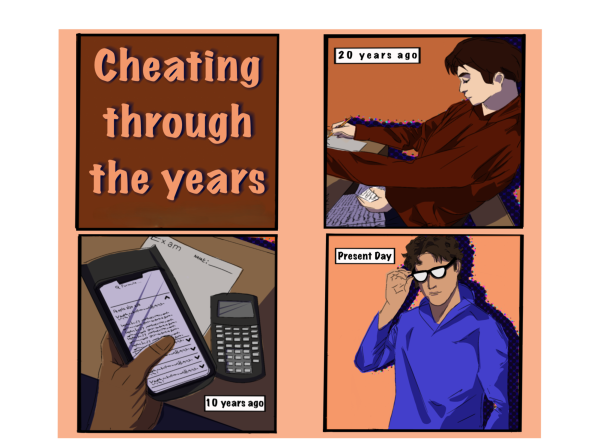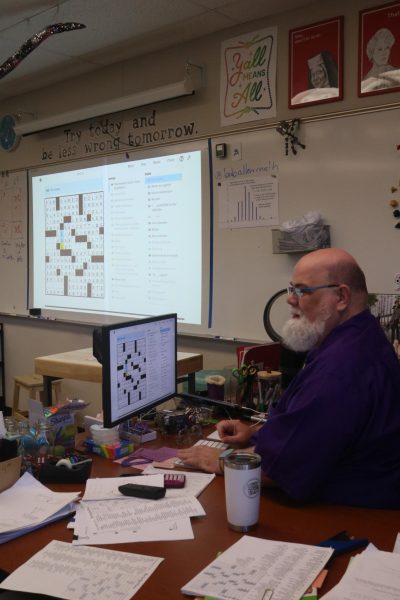Attacks on media are attacks on freedom
A journalist’s murder is the prelude to a war on freedom.
Saudi Arabian journalist Jamal Khashoggi entered the consulate in Istanbul on Oct. 2 to obtain his marriage documents. Instead, he was gruesomely tortured, killed, and dismembered by a group of 15 Saudi assassins.
Khashoggi, a contributing columnist for the Washington Post, was known for his critical exposés on political issues such as Saudi Arabian Crown Prince Mohammad bin Salman’s repressive regime and the country’s military intervention in Yemen.
Despite the Saudi government’s initial denial of Khashoggi’s death, the country’s everchanging and contradictory “cover-ups” and Turkish investigators’ yield of audio recordings are among the mounting evidence that a monstrous crime was committed.
Sadly, the problem of censoring the media is not confined to the murder of Khashoggi, nor is it unprecedented. In the past decade, journalism is slowly becoming one of the most dangerous jobs in the world.
According to the Committee to Protect Journalists, more than 30 journalists are murdered on the job annually. In 2018, there have been 45 known cases of such crime worldwide.
As of August 2018, anchors and reporters from notable news outlets such as CNN and Fox News have received frequent death threats. And last month, three suspicious packages were mailed to CNN, the most recent one being a bomb sent to the network’s center building in downtown Atlanta.
As if George Orwell’s 1984 was unfolding in reality, these recent news stories resonated with millions of Americans not only because of their violence, but also for what they may indicate in a nation that is built upon liberty.
The freedom of the press is a requisite of any free nation and is protected in the U.S. by the First Amendment of the Constitution.
But according to Freedom House, only 13 percent of the world’s population enjoys a free press. Despite starting with such meager numbers, the press-freedom scores of most countries only seem to be on the decline.
Without a diverse media, citizens cannot obtain sufficient information to make judgements and take stances in political issues. Instead, people are programmed to think and act in a way that the government wishes.
If a government manipulates its nation’s news outlets, the people are restrained from knowing everything. By removing information that exposes the nation’s flaws and wrongdoings and inserting a one-dimensional view of all political events, repressive government control leads to ignorance of its citizens and totalitarian power.
But because of their publication of information that is deemed critical toward the government, hundreds of journalists across the globe are put behind bars for crimes against the state such as treason and sedition.
Countries such as North Korea and Saudi Arabia are so hostile and repressive toward journalists that they are considered “black holes for news.”
Even in the U.S, one of the most press-friendly countries in the world, press freedom is on a constant decline and aggression toward journalists continues to skyrocket.
At a campaign rally in Montana on Oct.18, President Donald Trump praised Republican congressman Greg Gianforte for body-slamming Guardian reporter Ben Jacobs in May of 2017.
Not only did Trump display complete disrespect toward Jacobs, his admiration and endorsement of an act of violence against a journalist during the Khashoggi murder case is offensive, shocking, and unsettling.
Trump tweeted on Oct. 29 which read, “inaccurate, and even fraudulent, reporting of the news” is causing great turmoil in our country. He proceeded to call the media a source of fake news and “the true enemy of the people.”
But what the President and many others fail to recognize is that journalists do not fabricate news and intentionally set themselves up as targets. In being accurate and balanced with their stories and opinions, journalists must consult all perspectives on a spectrum of conflict.
This does not make them enemies of the government, but rather accountable, fair reporters.
Facts are not fake, and journalists are not the enemy – they are the people.
The freedom of the press means that journalists have the liberty to expose specific actions of the government with an intention to inform the people. Denying the rights for news organizations to publish uncensored content is denying the public its right to know the truth.
As somebody with authority, Trump’s act of calling the media dishonest is especially dangerous because his words may further destroy public trust in the press.
Trump possesses the ability to convince the populous that news organizations are threats to the nation, which will only result in the weakening of our country.
The media is the people’s sole access to reliable news. It is the shield against tyranny, oppression, and state-controlled content. It is the blockade to prevent the country’s leaders from developing excessive power, and it is cracking.
When a journalist’s reporting of the absolute truth makes him a target of condemnation and violence, as it appears to be in the murder of Jamal Khashoggi, a war on free press is declared.

Senior and second-year newspaper student Gina Wu joined The Californian with a mission to explore the community around her and uncover fascinating stories....


